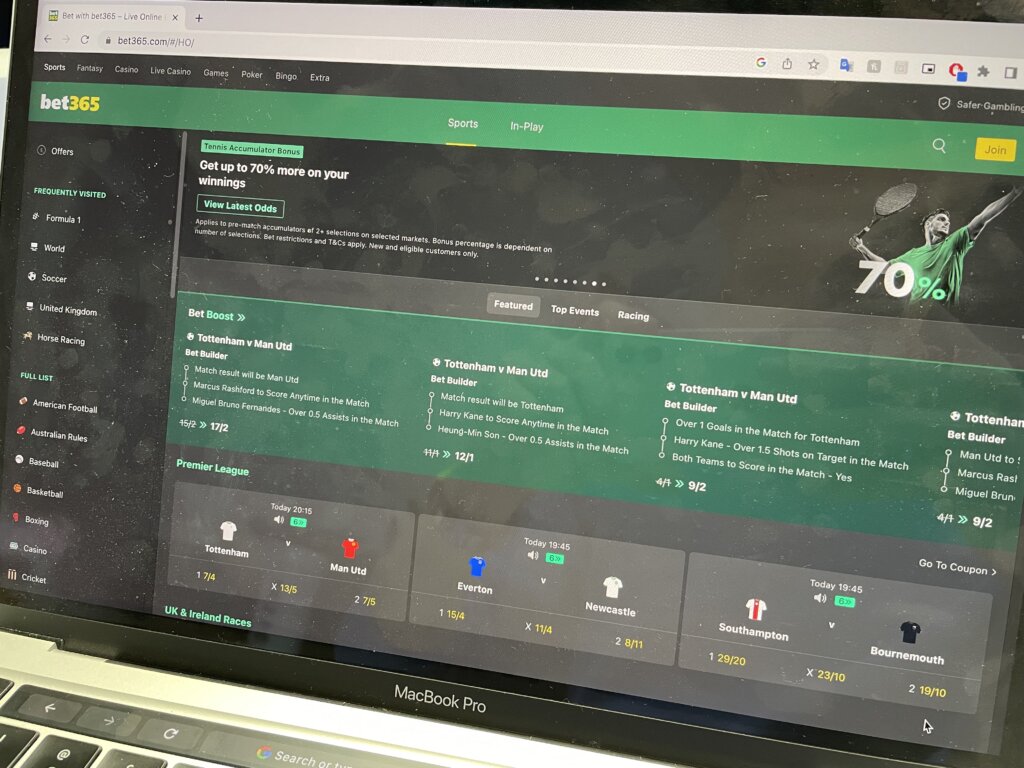Gateshead group welcomes gambling reforms
Written by Callum Rowe on 27th April 2023
A Gateshead support group has welcomed proposed reforms to protect young people from the dangers of online gambling.

Bet365’s website | Image – Callum Rowe
A white paper was submitted by the Government on Thursday, marking the biggest proposed changes to online gambling in two decades.
Suggested changes include subjecting gamblers who lose £1,000 a day to extra checks and a £2 limit on online slot machines. The Gambling Commission will also start a consultation on moving from a Think 21 policy to a Think 25 policy for all British-based gambling firms.
Judith Wood-Archer, Citizens Advice Gateshead service delivery director, said: “Citizens Advice Gateshead welcome any reforms and changes that make gambling safer, especially for young people.
“This includes making sure they don’t gamble with more money than they can afford to lose.
“However, as many people are turning to gambling to help with the challenges of the cost of living crisis, we urge people with money worries to seek help and support from agencies such as ourselves, so removing the risk of gambling related harm.”
In a 2020 gambling-related harm evidence review carried out by the Government, it was revealed the North East had the highest prevalence of people gambling at levels of elevated risk at 4.9%, compared to the South West which recorded the lowest figure at 3%.
GambleAware, the UK’s leading charity dedicated to preventing gambling harm, has also welcomed the proposed reforms.
Zoë Osmond, GambleAware CEO, said: “Today’s Gambling white paper is a welcome step in the right direction for the prevention of gambling harms.
“We whole-heartedly support the introduction of a statutory levy on the gambling industry to ensure sustainable and transparent funding for research, education and treatment.”
However, Ms Osmand did criticise there not being a clampdown on online gambling advertising.
“The lack of greater regulation on gambling advertising and marketing is a missed opportunity, particularly in regard to protecting children.
“Almost half (45%) of 11–17-year-olds are exposed to gambling marketing on social media each week.
“Our research shows that increased exposure to gambling can influence attitudes towards gambling and the likelihood of gambling participation in the future, which in turn comes with an increased risk of harm.”






